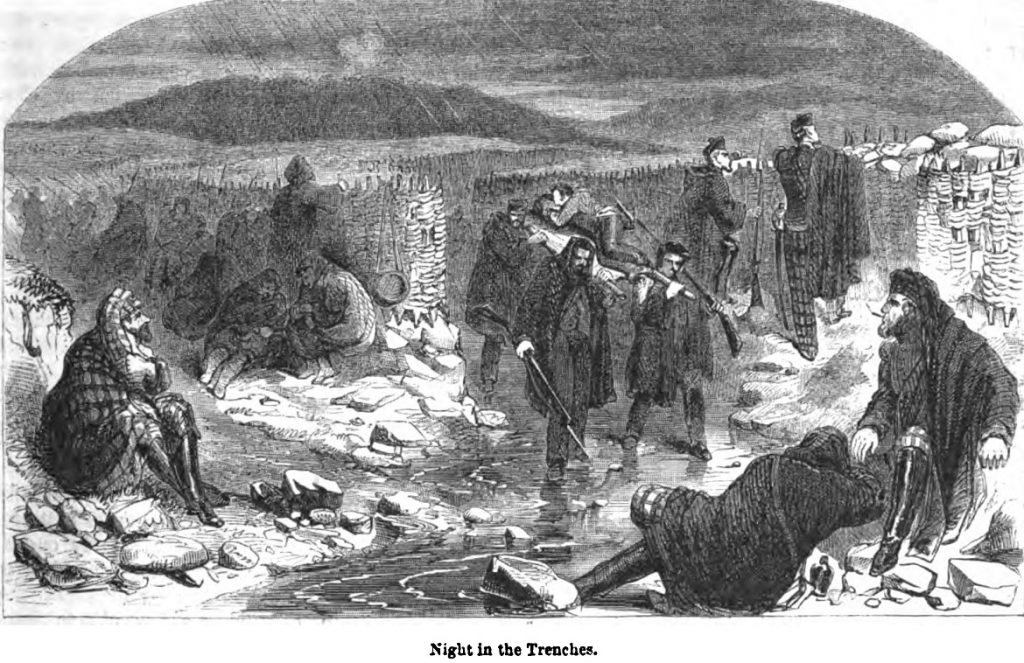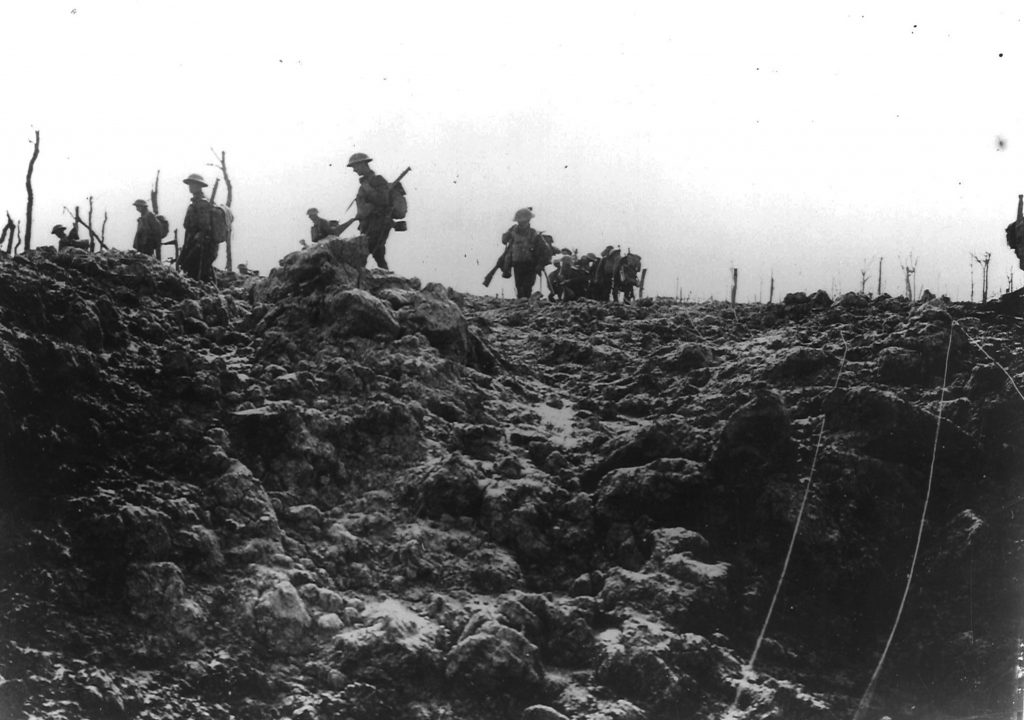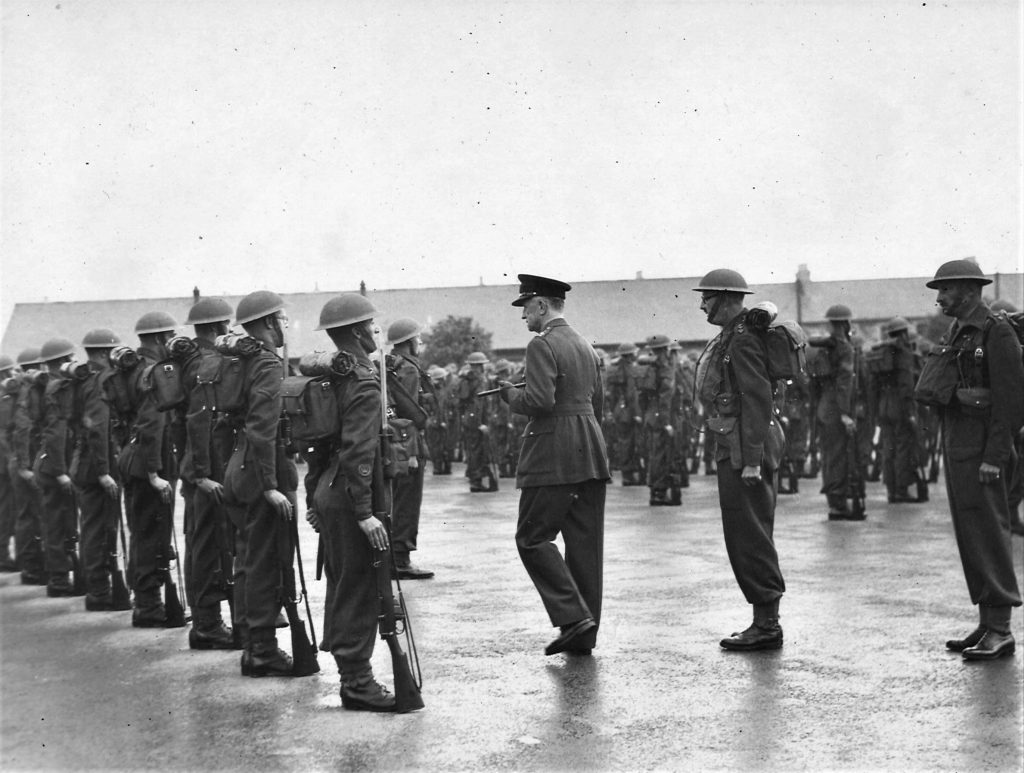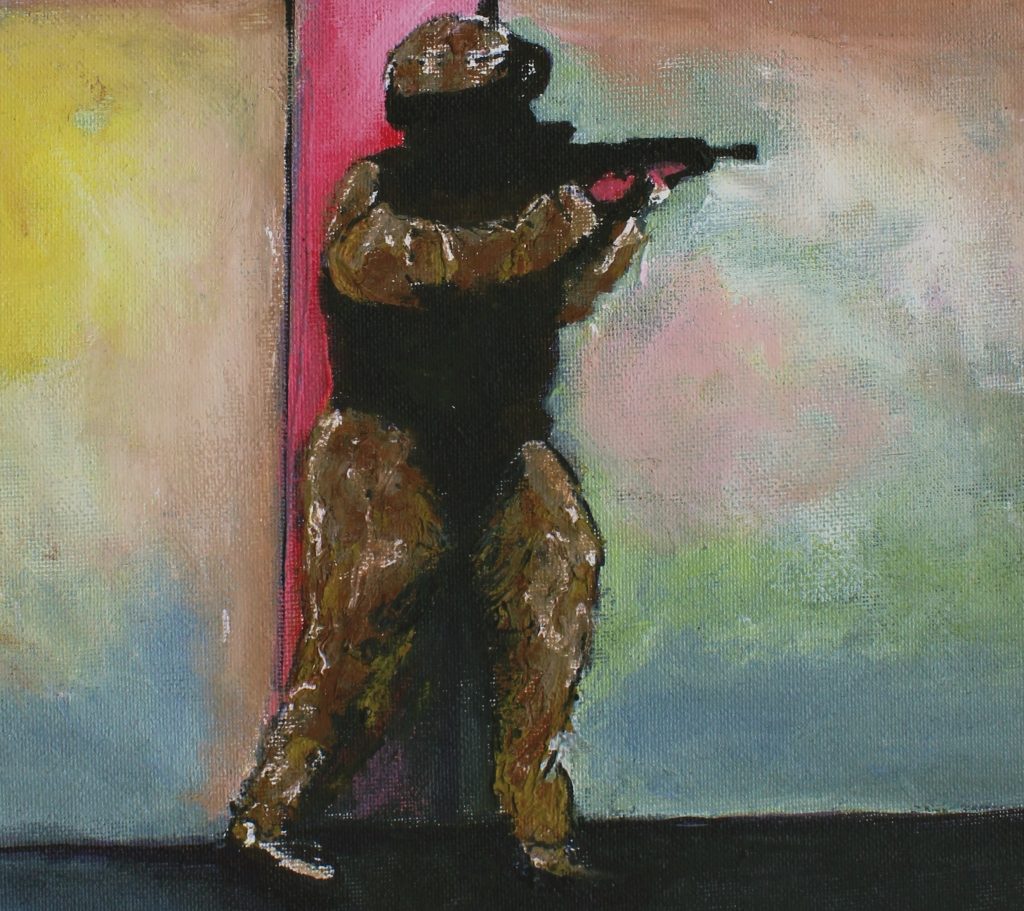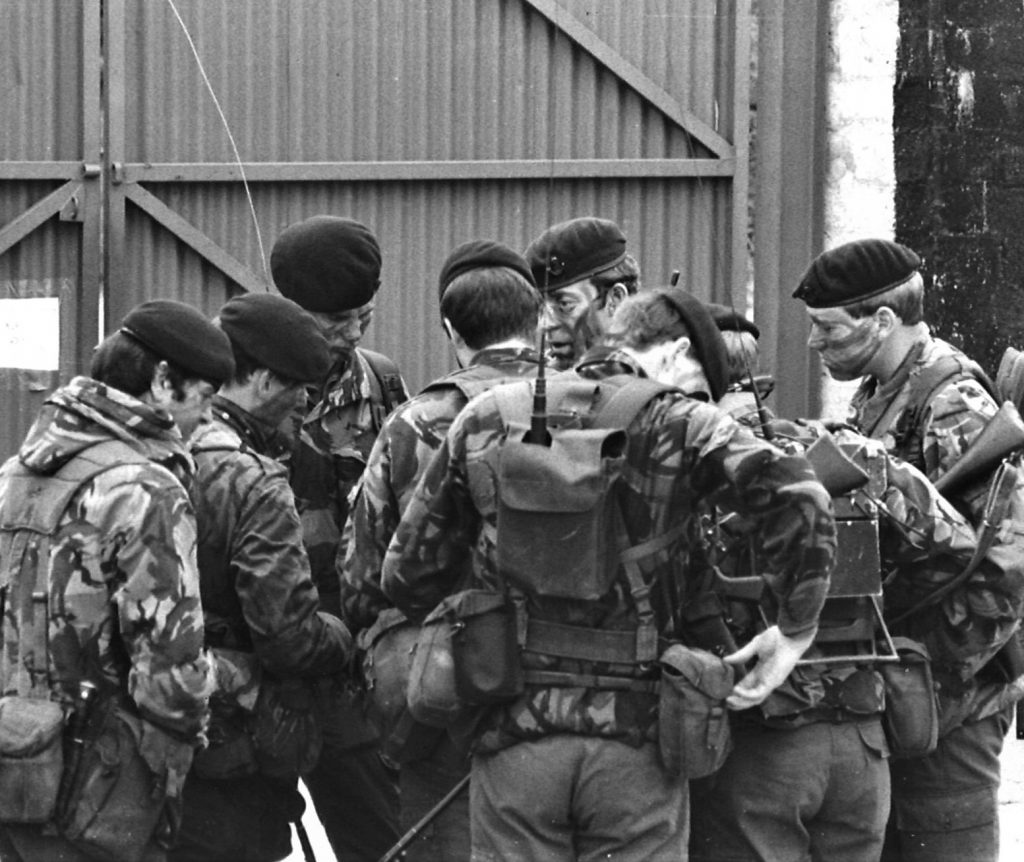“It would seem to be a more rational question to ask why the soldier does not succumb to anxiety, rather than why he does.”
– Psychiatrists Grinker & Speigel, 1945
War leaves mental scars as well as physical ones. But the impact of combat on the mind has been a contested topic. Since the 19th century, military medics have made diagnoses ranging from ‘Soldiers Heart’ to ‘Shell Shock’. Psychiatric understanding of the causes, symptoms and treatment of mental trauma has been wide-ranging and often influenced by military priorities. Medical officers and army commanders were often unsympathetic to soldiers struggling with their mental health. Many people slipped through the cracks. It is only within the last few decades that conditions such as Post-Traumatic Stress Disorder (PTSD) have been officially recognised as a detrimental consequence of military service.
Mental ill-health can happen to anyone, even the toughest, most hardened soldiers. With more service personnel and veterans reaching out for support than ever before it is crucial that we take mental wellbeing seriously. The battles do not always end when the guns stop firing.
Navigate your way through this exhibition to find out about the history of military psychiatry and the experiences of soldiers past and present who fought wars on the ground and in their own minds.
Click on the images below to learn more about Trauma to Treatment in different periods.
CONTENT WARNING: This exhibition explores themes of trauma, mental illness, death, and suicide.

